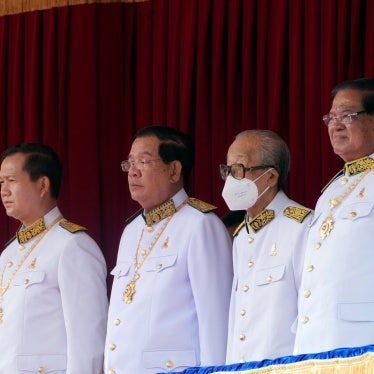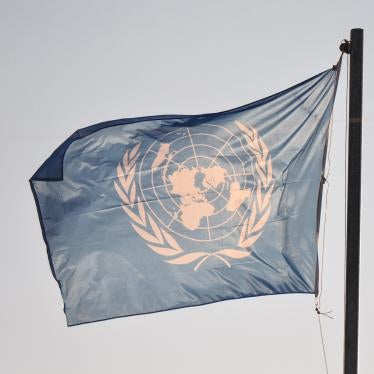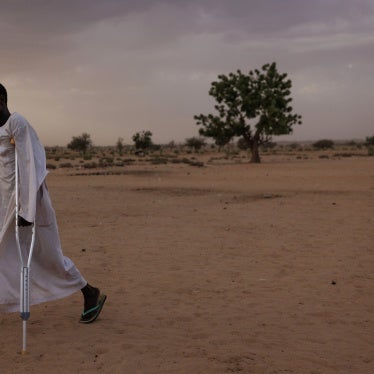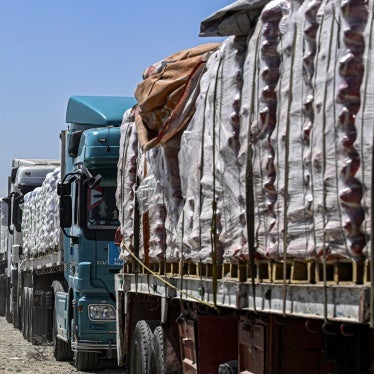This is the third year running that a resolution on Sri Lanka has been discussed at the Human Rights Council. In spite of two previous resolutions giving the Sri Lankan government ample opportunity to credibly address accountability for the many violations of international humanitarian law outlined in its own Lessons Learnt and Reconciliation Commission (LLRC) report as well as the UN Secretary-General’s Panel of Experts report, there has been no evidence of meaningful progress. This has been forcefully reported by the UN High Commissioner for Human Rights, Navi Pillay, both in her statement after her August 2013 visit to Sri Lanka, and in her comprehensive written report delivered to the Human Rights Council today.
Nearly five years after the end of the war, victims still await justice and accountability. There are still no answers for the up to 40,000 civilian deaths from the last months of the fighting in Sri Lanka, nor for the 6000 forcibly disappeared. Human Rights Watch and others have long documented horrific abuses committed by both Sri Lankan government forces and the Liberation Tigers of Tamil Eelam (LTTE) during the conflict. Instead of launching impartial investigations into these allegations, the Sri Lankan authorities' standard response is to either ignore or flatly deny any wrongdoing on its part. And although it rightly denounces the LTTE’s atrocities, it shelters from prosecution former LTTE commanders who are closely associated with the forced recruitment of child soldiers and other LTTE abuses.
Sri Lanka’s basic argument before the Counciland the international community is that it has made tremendous progress, and that it needs more time to fully implement the LLRC recommendations. This is a hollow and cynical argument, repeated from past years, designed to deflect the pending resolution. Even as Sri Lanka makes these representations before the Council, it continues to harass and intimidate those who dare advocate on behalf of victims and in support of rights. The state media have publicly named and shown images of rights advocates who have encouraged accountability, in a manner placing them at risk. Just last week, two prominent human rights activists were detained without access to lawyers or family, a frightening circumstance in a country where torture is still common. Even after the two were freed, following intense national and international outcry, the Sri Lankan authorities issued an order prohibiting either from speaking to the media or traveling abroad without government permission.
Sri Lanka’s progress report consists largely of its humanitarian work in terms of resettlement and rehabilitation. Accountability issues remained mostly ignored. The government claimed it had made progress on two emblematic cases, namely the killings of five young men in Trincomalee and of 17 humanitarian aid workers in Muttur in 2006. The progress cited, eight years after the murders, was nominal. A new disappearances commission continues to hear cases but is simply the latest in a long line of such commissions over the last 20 years, none of which have led to prosecutions.
UN member states have been patient, waiting five years for Sri Lanka to deliver justice, a promise first made by President Mahinda Rajapaksa to Secretary-General Ban Ki-moon in May 2009. It is time for concerned states at the Council not to be put on hold any longer, and vote in favor of the proposed resolution. Sri Lanka’s victims deserve at least that much.








